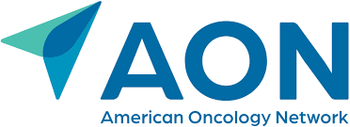
Leaders from the American Oncology Network discuss they help practices navigate the implementation of complex therapies, in ways that make sense for patients and work financially for practices.

Leaders from the American Oncology Network discuss they help practices navigate the implementation of complex therapies, in ways that make sense for patients and work financially for practices.
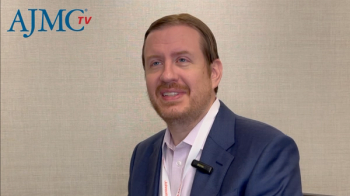
Payer contracts should incentivize the delivery of comprehensive, total-person cancer care, says Brian Mulherin, MD.

Despite systemic challenges, oncology practices use value-based care, community partnerships, and clinical trials to improve patient access and outcomes, says Brian Mulherin, MD.

Oncology care requires teamwork, support services, and careful planning to ensure effective, affordable, and patient-focused treatment, according to Brian Mulherin, MD.

As therapeutic advances enable patients with cancer to live longer, greater attention is needed to support the goal of survivorship, starting at diagnosis.

Explore cutting-edge discussions on patient-centered oncology, value-based care, AI innovations, and survivorship strategies Thursday and Friday at PCOC 2025 in Nashville.

Remote patient monitoring enhances cancer care by improving outcomes and reducing emergency visits, despite challenges in reimbursement and technology access.
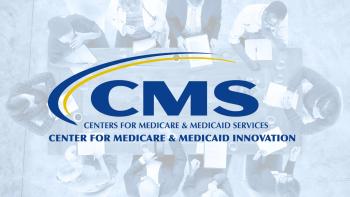
Community oncology leaders navigate challenges in value-based care under the Enhancing Oncology Model, facing performance payment uncertainties and evolving drug markets.
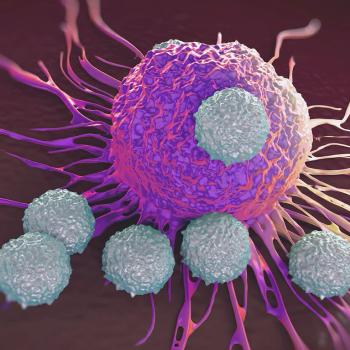
The FDA's removal of REMS for CAR T-cell therapies enhances access for community oncology, paving the way for innovative treatments and improved patient outcomes.


The 2025 Community Oncology Conference empowered attendees with insights on advocacy, innovation, and practical strategies for enhancing community cancer care.

Experts at the Community Oncology Conference discuss innovative patient navigation programs, emphasizing technology's role and the importance of human connection in cancer care.

Experts emphasize the need for enhanced clinical trial infrastructure in community oncology to ensure equitable access to innovative therapies for all patients.
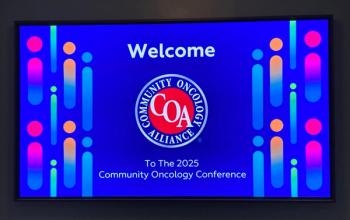
Oncology leaders from Alliance Cancer Specialists, American Oncology Network, CHI St. Vincent, Memorial Sloan Kettering Cancer Center, and New York Cancer & Blood Specialists discussed the power of collaboration in cancer care, highlighting partnerships that enhance patient outcomes and resource sharing in community practices.

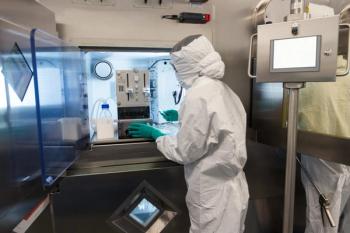
This article appears in the April issue of Evidence-Based Oncology.
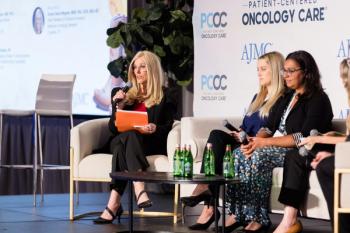
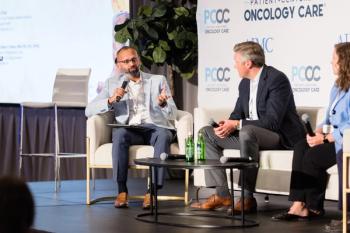

It’s hard for practicing oncologists to stay on top of the latest clinical data, but good partnerships and clinical decision support tools can assist.
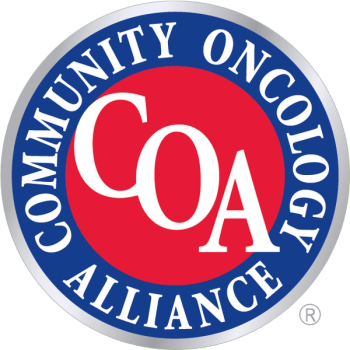
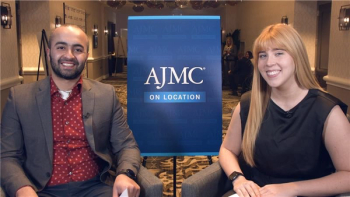
Interviews with Kirollos Hanna, PharmD, BCPS, BCOP, of Minnesota Oncology and Mayo Clinic College of Medicine, and Alti Rahman, MHA, MBA, of American Oncology Network, from day 1 of the Association of Cancer Care Centers 50th Annual Meeting & Cancer Center Business Summit (ACCC AMCCBS).
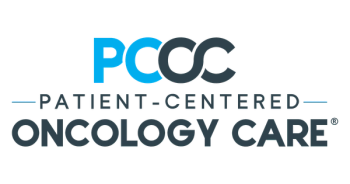
From the panel discussion, "The Burden They Carry," a discussion of the impact of financial toxicity over the duration of the cancer journey.

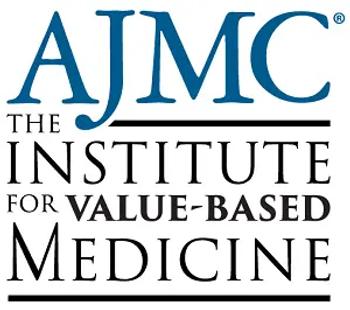
Coverage of the Institute for Value-Based Medicine session with Zangmeister Cancer Center, Columbus, Ohio.
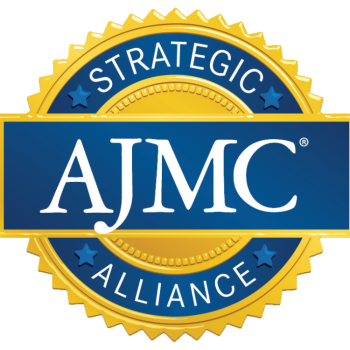
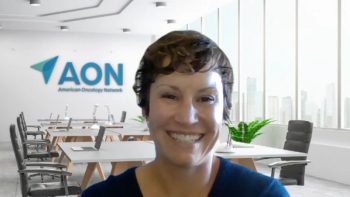
In a few short years, biosimilars have driven down total cost of care in oncology through providing competition for expensive drugs, explained Christine Pfaff, RPh, senior regional director of operations, American Oncology Network (AON).

In 2023, the United States was in the midst of the largest drug shortage in a decade, including lifesaving platinum-based medications to treat a variety of cancers.
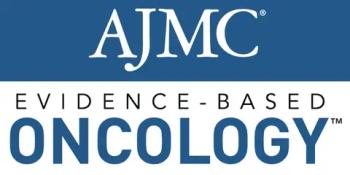
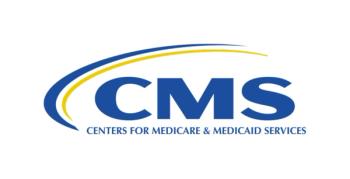
The Enhancing Oncology Model (EOM) attracted more than 2800 practitioners across 561 sites of care; a group of practices in the American Oncology Network enrolled under a single tax ID number.

Two abstracts presented at the 2023 American Society of Clinical Oncology annual meeting evaluated biosimilar adoption across oncology practices and highlighted the role payers play in preventing or promoting adoption.

259 Prospect Plains Rd, Bldg H
Cranbury, NJ 08512
© 2025 MJH Life Sciences®
All rights reserved.
